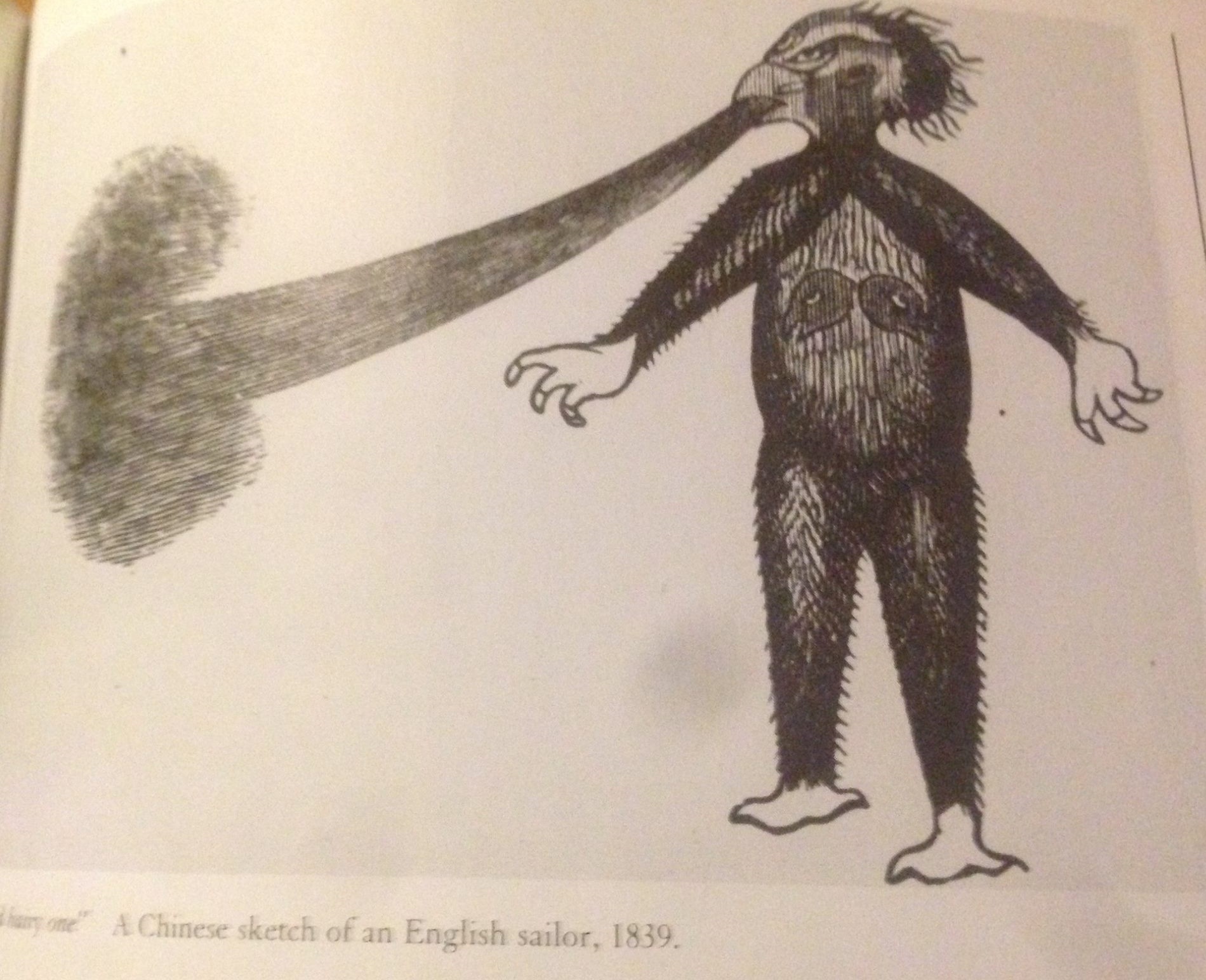Similarly to the fucked up, twisted irony that descendants of the Holocaust were modern pioneers of settler-colonialism and ethnic cleansing in Palestine, it's completely and utterly fucked that Eastern Europe has fallen so deeply into the grip of fascism. It's true that the Ukrainians were treated somewhat differently out of pragmatic considerations by the Nazis, but they were still considered 'Untermenschen'.
It's especially galling when the Ukraine was the economically best off part of the Soviet Union, and center of incredible culture, science, technology. But you don't see these fucks praising an iota of what was unequivocally the best time to be alive in Ukrainian history. Because they don't care about the quality of life of ordinary people. They're predatory, nihilistic death-cultists who should be wiped from the face of the earth.
History often has a sick sense of humor.

gotta improve that media literacy there bud